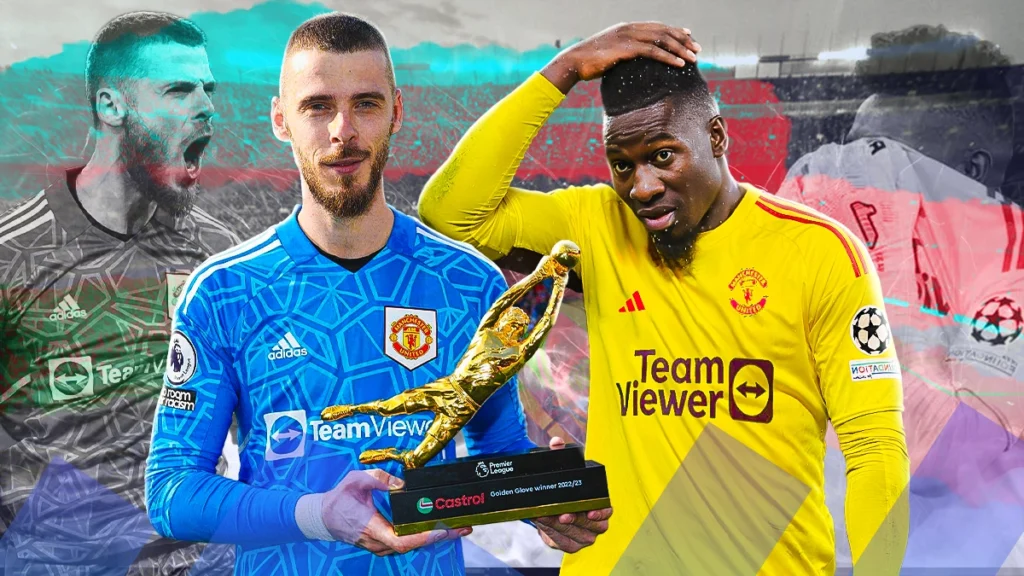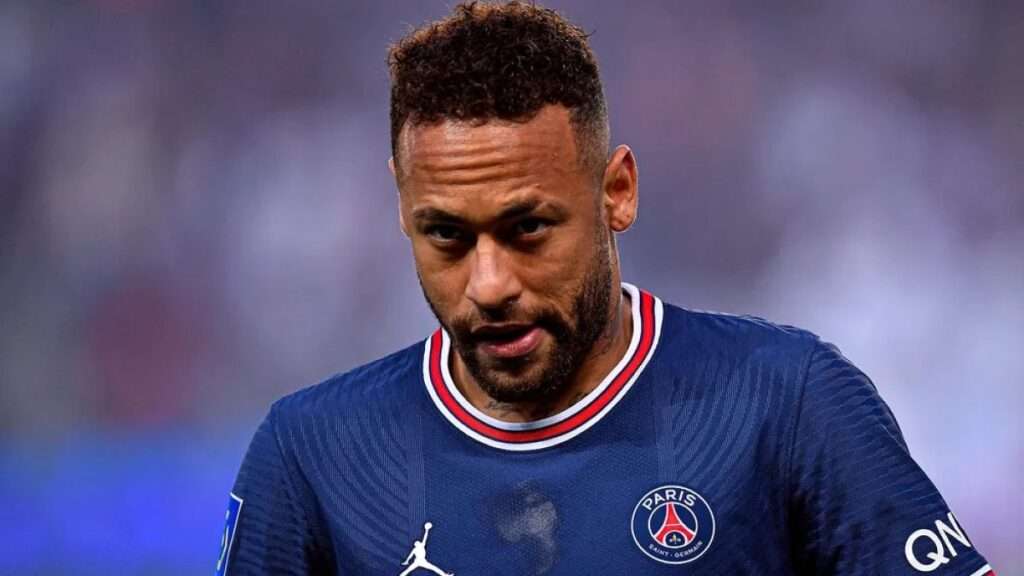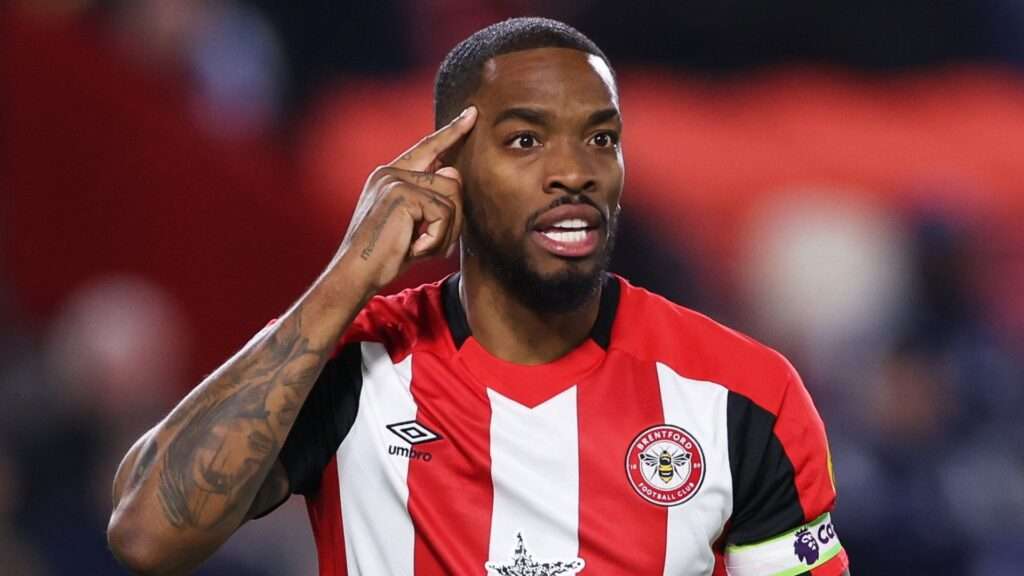While we have perfect transfers, there are also the worst replacements in football history. Replacing a club legend is never an easy task. While sometimes it goes as smoothly as Manchester City replacing Sergio Aguero with Erling Haaland, more often than not, it ends up in disappointment.
Worst Replacements in Football History
Today, we’ll take a closer look at the 10 worst replacements in the history of football.
1. Andre Onana at Manchester United
Amidst claims from Manchester United fans that David De Gea was the root of their problems last season, it’s surprising to note that De Gea ended the season with his second Premier League Golden Glove award. Despite the fans’ wishes to part ways with De Gea and their coach, the decision was made to release him and bring in Andre Onana as his replacement.
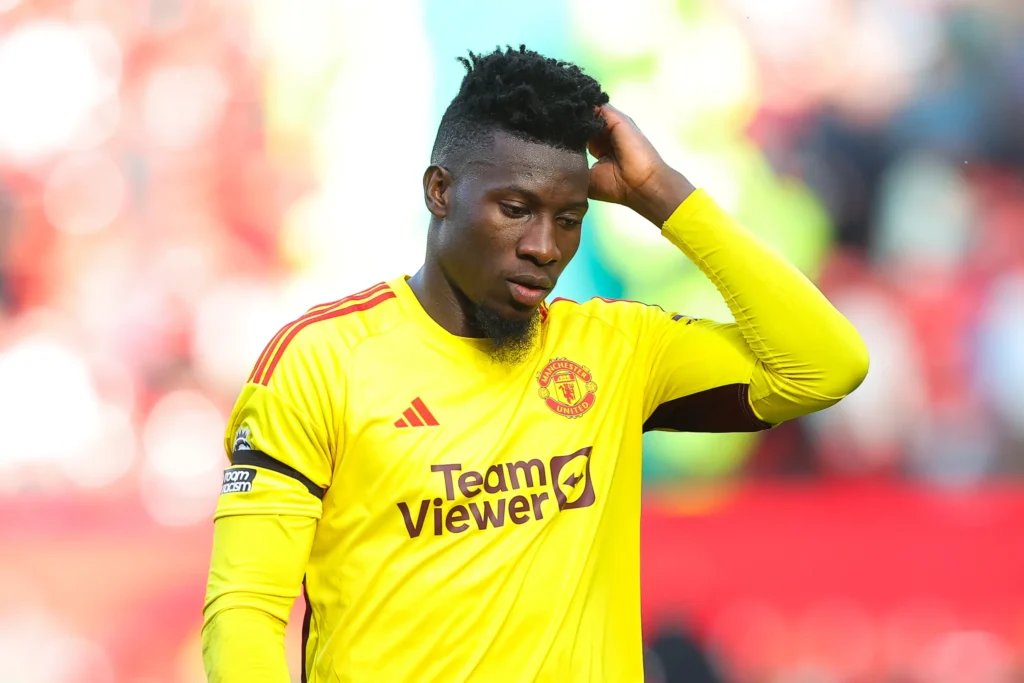
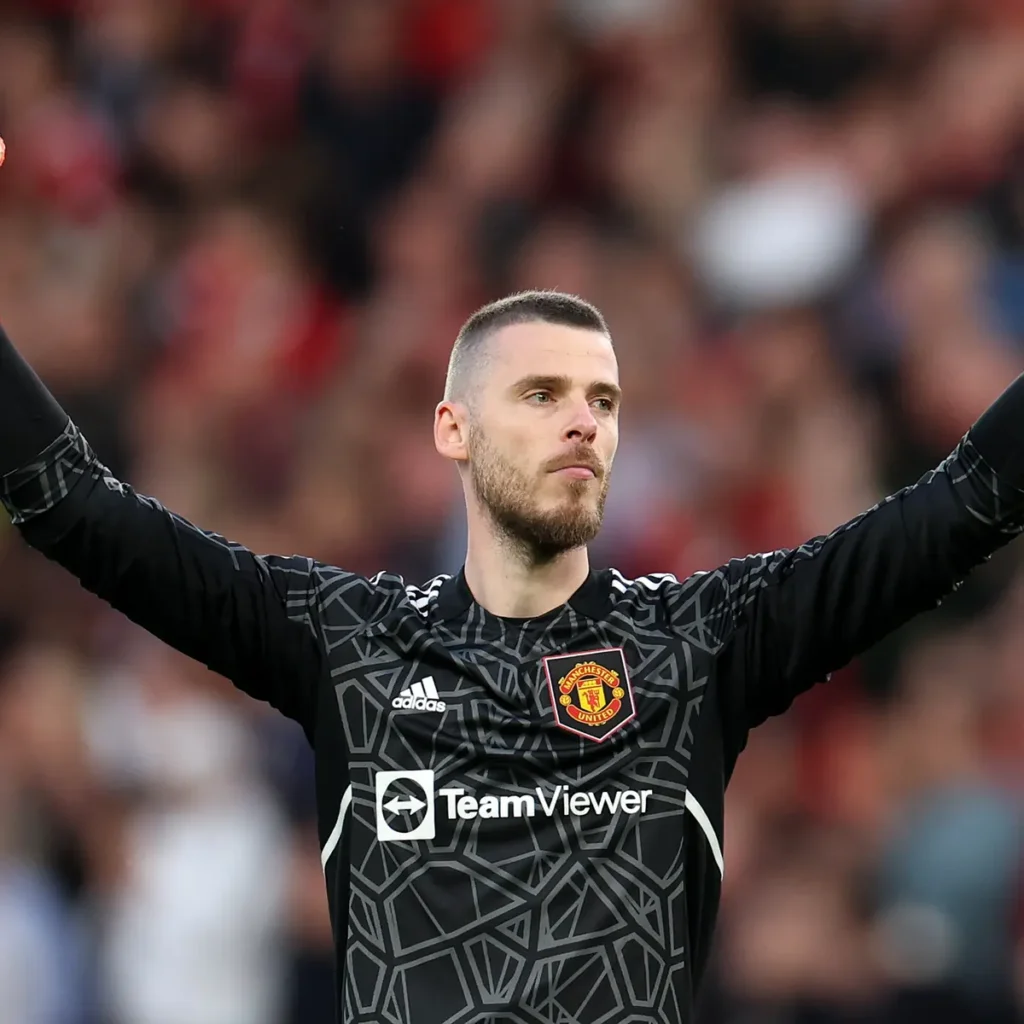
United supporters held high hopes that Onana’s arrival would bolster their defense. Unfortunately, it has had quite the opposite effect. In place of a goalkeeper who secured the most clean sheets in the previous Premier League season, Manchester United now has Onana, who has conceded a shocking 18 goals in just his first 10 games with the club.
What’s more, when Onana isn’t letting goals slip past him, he’s been prone to making glaring mistakes. These errors range from fouls against teams like Wolves to poorly executed passes that led to penalties and even Casemiro’s sending-off in a match against Galatasaray. It’s become abundantly clear that Andre Onana’s tenure has proven to be an unfortunate choice as De Gea’s replacement.
2. Kai Havertz at Arsenal
Arsenal made a significant blunder when they decided to part ways with Granit Xhaka and brought in Kai Havertz. This decision has proven to be a colossal mistake, as evidenced by Havertz’s performance 11 games into the season.
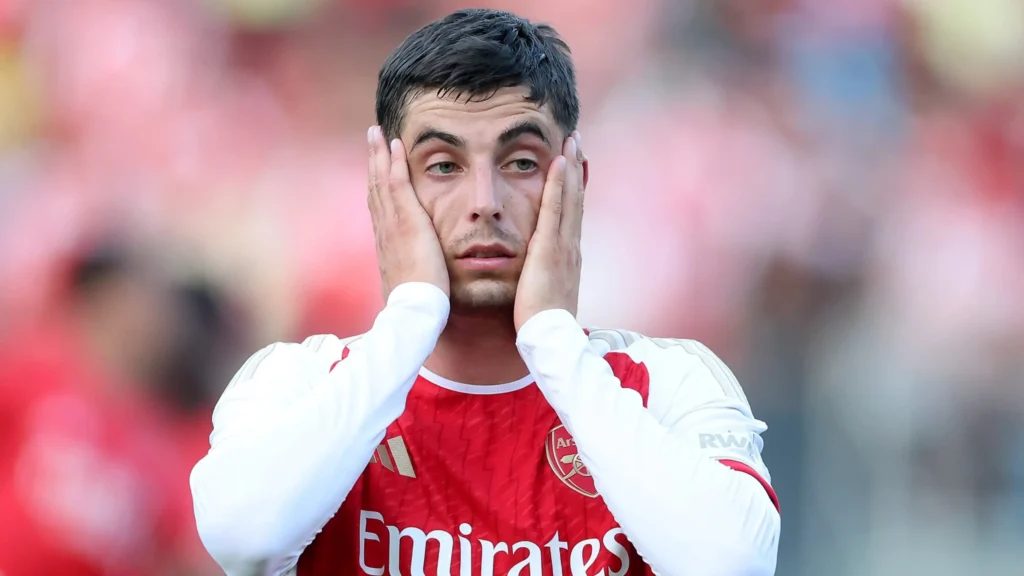
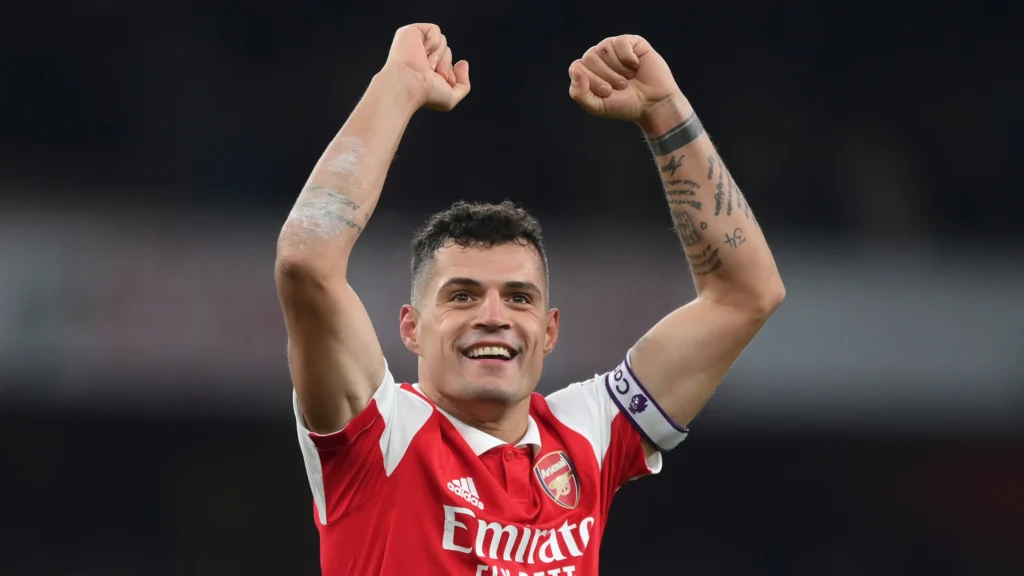
So far, Havertz has only managed to contribute to one goal, and that lone contribution came from a penalty that seemed more like an act of sympathy to boost his morale. What’s even more perplexing is that Havertz falls short in various other aspects. Whether it’s tracking back, demonstrating work rate, or completing passes, he lags behind Xhaka, who is 31 years old.
In the previous season, the Swiss midfielder contributed to a total of 16 goals for Arsenal. It’s highly doubtful that Havertz will come close to matching that number this season. Without a doubt, this choice has proven to be a subpar replacement.
3. Kalidou Koulibaly at Chelsea
Chelsea may have celebrated initially, but they certainly regretted their decision to replace Antonio Rudiger with Kalidou Koulibaly. On the surface, it appeared to be an ideal move, considering Koulibaly’s reputation at Napoli, but the reality was far from perfect.
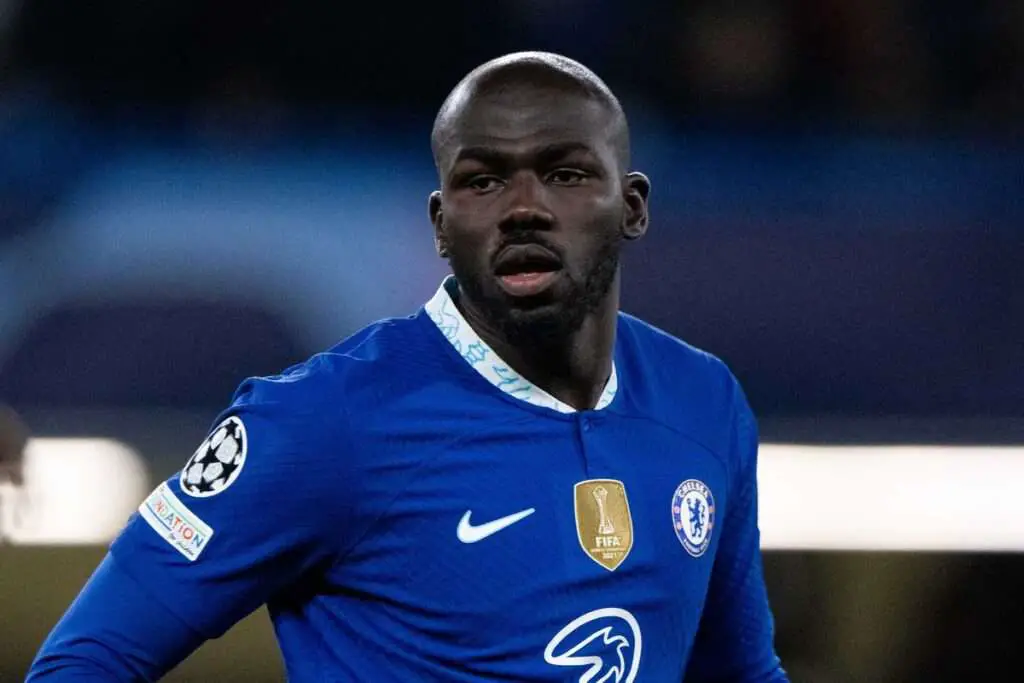

Koulibaly’s performances were plagued by a series of errors, frequent injuries, and a general decline in his defensive abilities, which was not at all what Chelsea had expected. Consequently, the club had no choice but to accept their losses and offload the Senegalese player to Saudi Arabia just one year after acquiring him.
4. Kepa Arrizabalaga at Chelsea
Chelsea’s transfer history is littered with questionable decisions, and the move to replace Thibaut Courtois with Kepa Arrizabalaga was another one to add to the list. Courtois, one of the world’s top goalkeepers, had departed, leaving Chelsea with a void to fill. In response, the club took swift action, making Kepa Arrizabalaga the most expensive goalkeeper in the world with a staggering 80 million euros price tag.
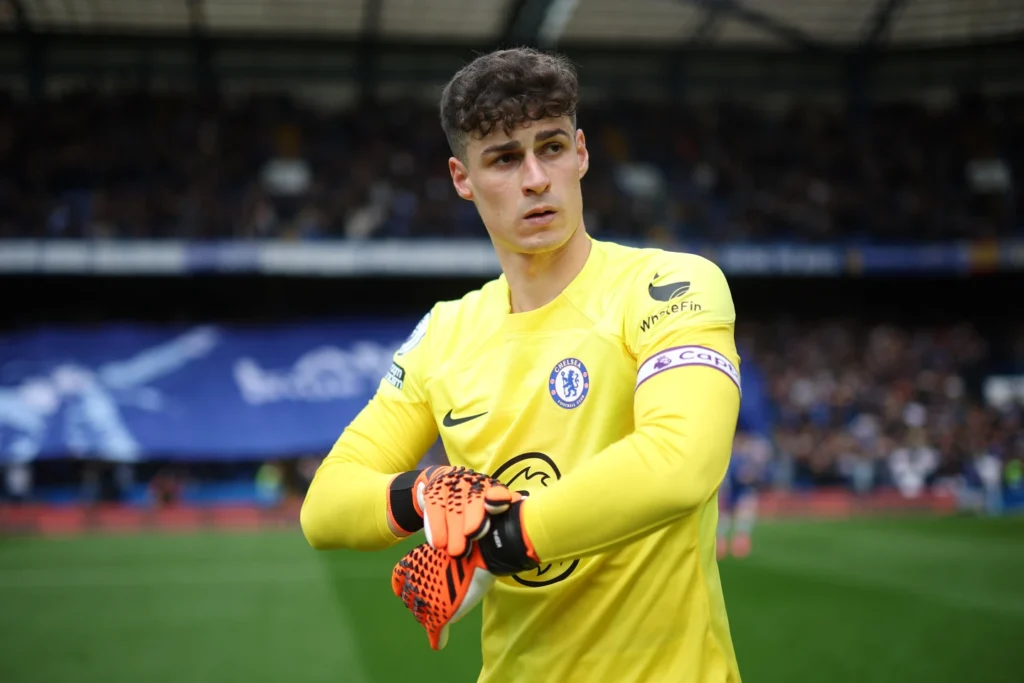
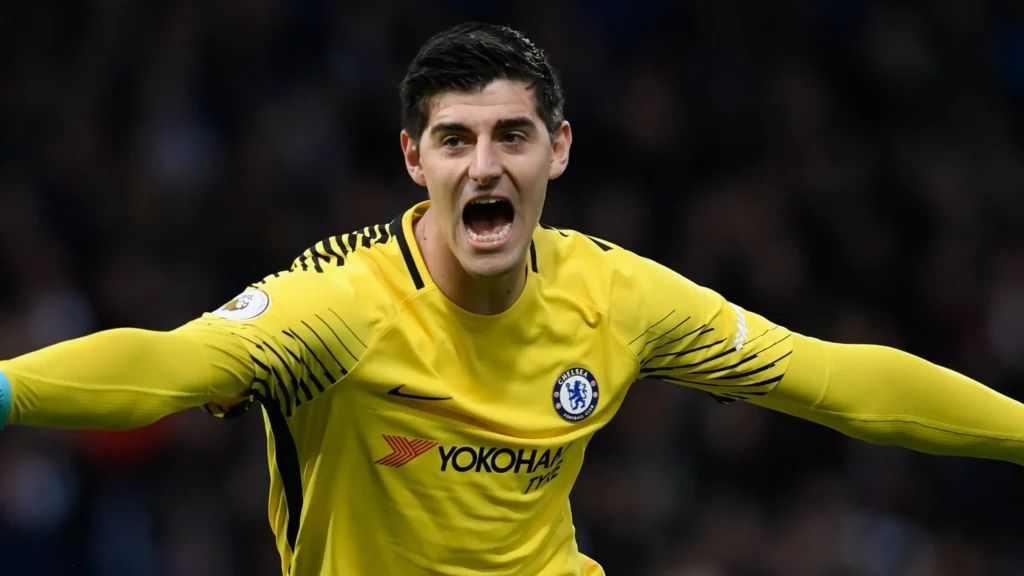
However, the excitement surrounding Kepa’s arrival quickly turned to regret. His performances were marred by glaring errors in crucial matches. Chelsea’s frustration was evident as they were compelled to bring in a goalkeeper who had been without a club for two years to replace Kepa. This decision underscored just how poorly the Spanish goalkeeper had performed.
Moreover, the fact that Kepa was initially brought in to fill Courtois’s shoes only compounded the disappointment. Chelsea’s attempt to find a worthy successor for their world-class goalkeeper had, instead, brought them to a disheartening realization.
5. Eden Hazard at Real Madrid
Reflecting on Real Madrid and Chelsea’s business dealings reminds us of the signing of Eden Hazard, a move initially intended to fill the void left by Cristiano Ronaldo’s departure. The intentions were clear from the start.
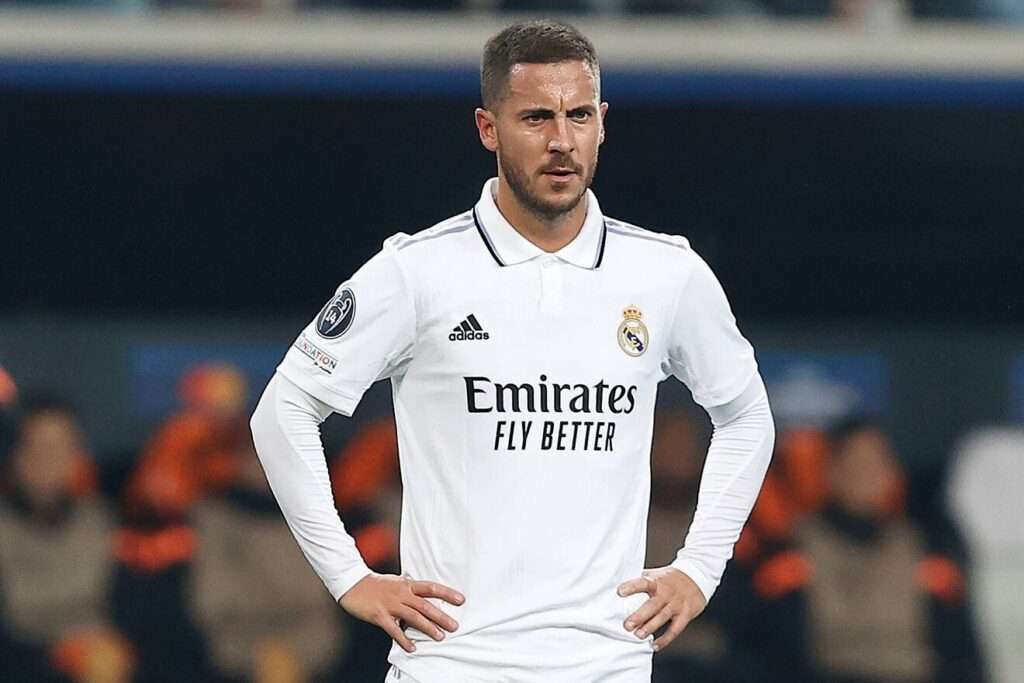
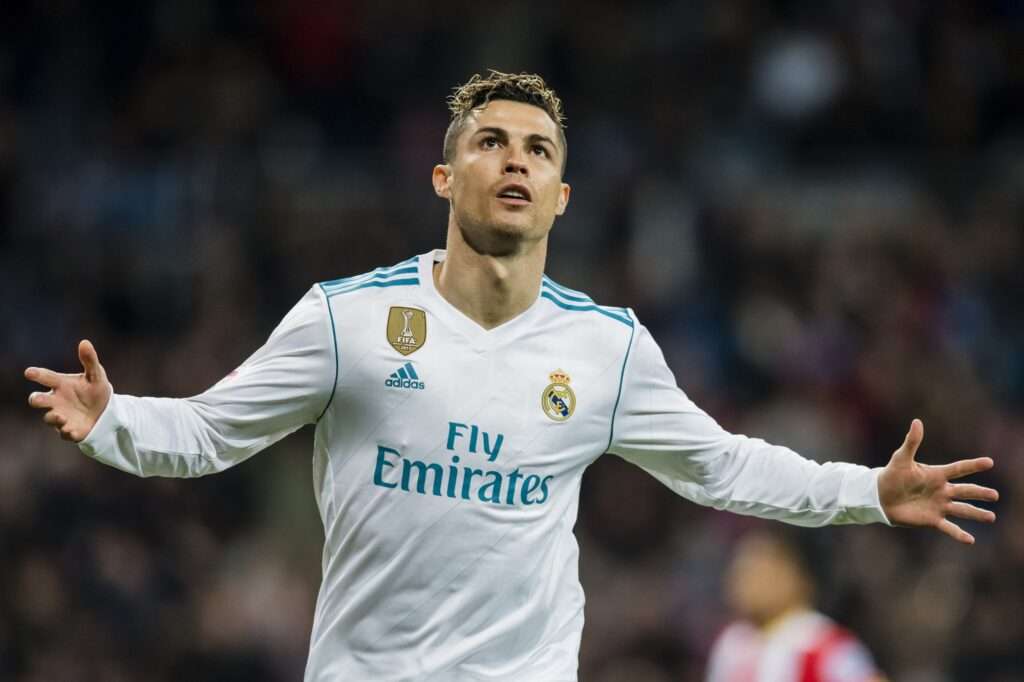
Real Madrid had the promising Vinicius Junior in their ranks, but they lacked confidence in him at the time. In their pursuit of a replacement for Ronaldo, they invested a whopping 100 million euros in Hazard, granting him the iconic number 7 jersey once worn by Ronaldo. Moreover, they made Hazard the highest-paid player at the club, expecting him to replicate Ronaldo’s impact during his tenure in Spain.
However, the reality fell far short of these high expectations. Hazard not only proved to be an inadequate replacement for Ronaldo but also emerged as one of the most disappointing signings in recent history in Spanish football. This stark contrast between the anticipated impact and the actual outcome left Real Madrid and its fans deeply disillusioned.
Trending – Top 10 Most Emotional Players in Football
6. Philippe Coutinho at Barcelona
Most regrettable signings in Spanish football bring us to the ill-fated attempt to replace Neymar at Barcelona with Philippe Coutinho. On paper, the decision seemed like an ideal match: one technically gifted Brazilian replacing another. What could possibly go wrong?
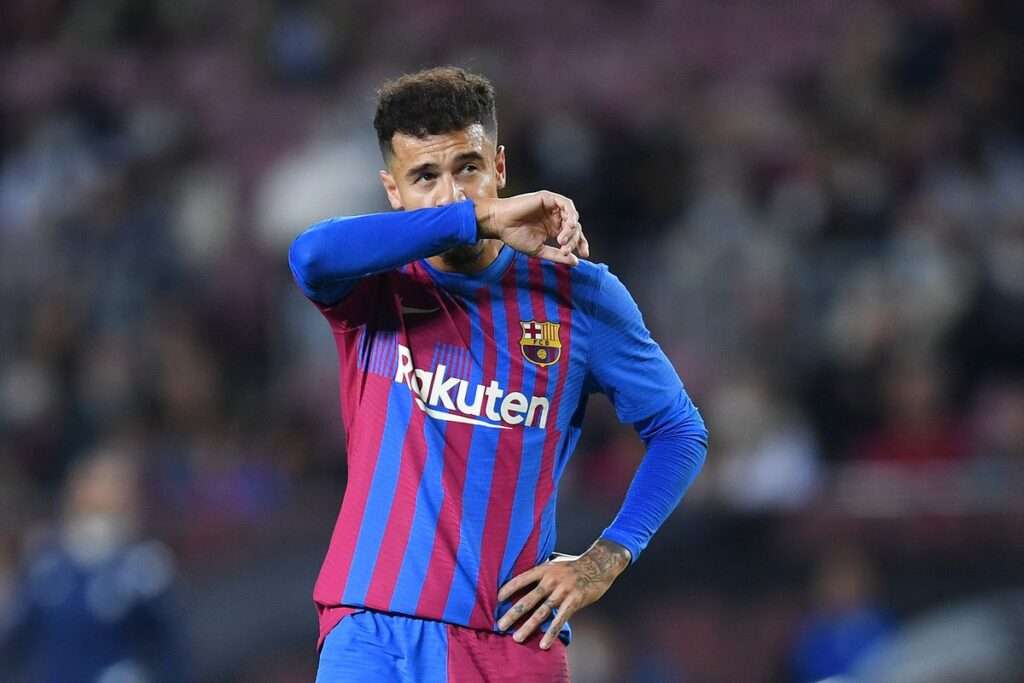
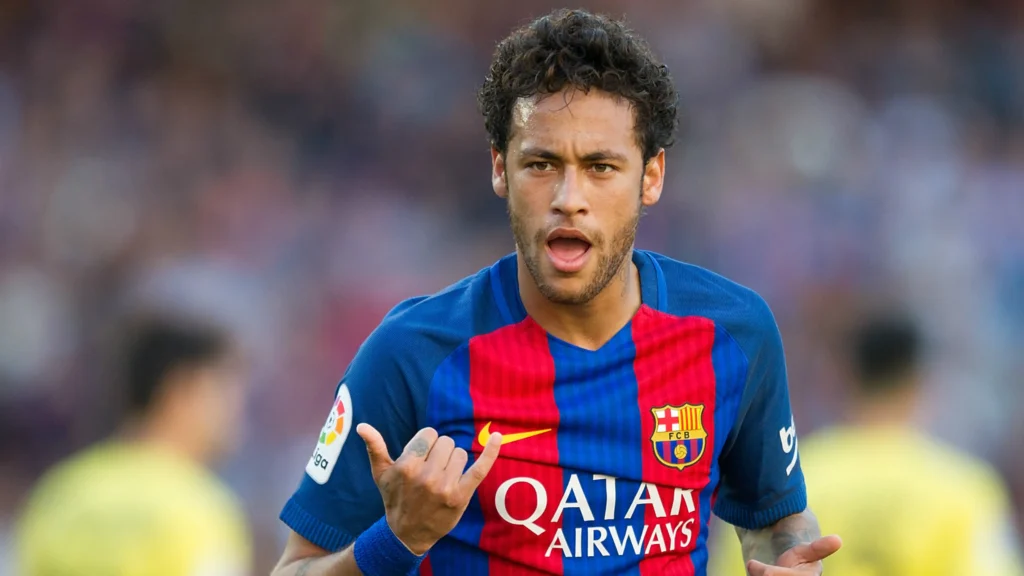
In reality, it turned out that everything could indeed go wrong. Barcelona shattered records by spending a staggering 145 million euros on Coutinho, making him the most expensive signing in the history of Spanish football. However, the outcome was a far cry from what they had anticipated.
To compound their woes, Coutinho played a significant role in Barcelona’s own Champions League humiliation while on loan at another club. This unfortunate sequence of events highlighted that Coutinho’s acquisition had, in fact, become one of the worst replacements in football history. It served as a stark reminder that even the most promising transfers can devolve into unmitigated disasters.
7.Ousmane Dembele at PSG
PSG’s recent signing of Ousmane Dembele this summer, along with the bestowal of Neymar’s coveted number 10 jersey, was a move that carried high expectations. The club anticipated a seamless transition, with Dembele stepping in and continuing Neymar’s impressive legacy.

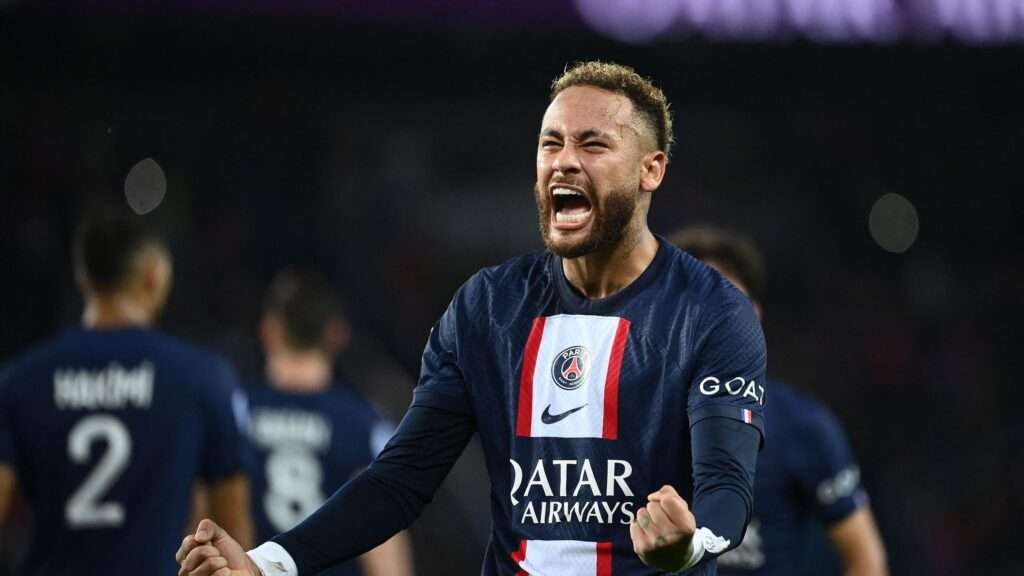
However, things have not been going according to plan. After eight games, Dembele has yet to make his mark on the scoresheet, despite having missed several golden opportunities. In the same timeframe, another player, Kolo Muani, has made a swifter impact, finding the back of the net in just three Ligue 1 games.
8. Sadio Mane at Bayern Munich
Bayern Munich’s attempt to replace Robert Lewandowski with Sadio Mane was, to be honest, an improbable endeavor from the start. While Mane is undoubtedly a talented player, he’s not a natural center-forward, which was evident as he predictably struggled to fill Lewandowski’s considerable shoes.

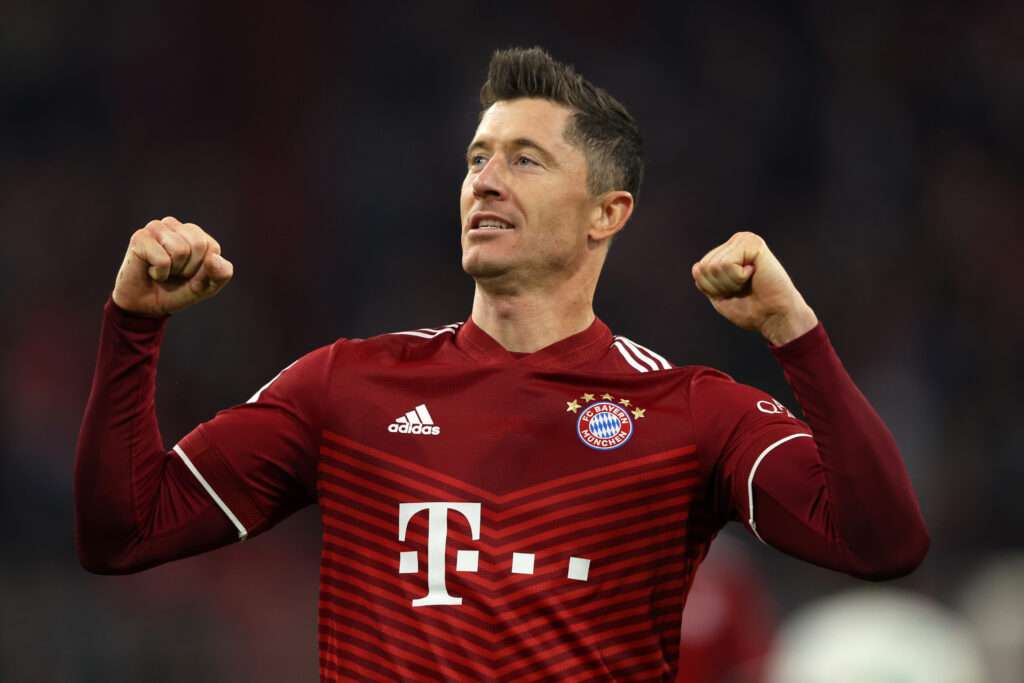
The numbers speak volumes: Bayern went from enjoying 57 goal contributions in 46 games with Lewandowski to a mere 18 in 38 games with Mane. The situation became so dire that they came dangerously close to losing the Bundesliga that season, narrowly escaping disaster thanks to a late-season collapse by Dortmund.
After witnessing this struggle, Bayern Munich required no external guidance to realize that their solution was to part ways with Mane and acquire a proven, traditional center-forward in the form of Harry Kane.
9. Andy Carroll at Liverpool
Recalling centre-forward replacements, one of the most notorious instances brings us to Liverpool’s decision to acquire Andy Carroll in January 2011 as a replacement for Fernando Torres. These were undeniably grim days in Liverpool’s history.
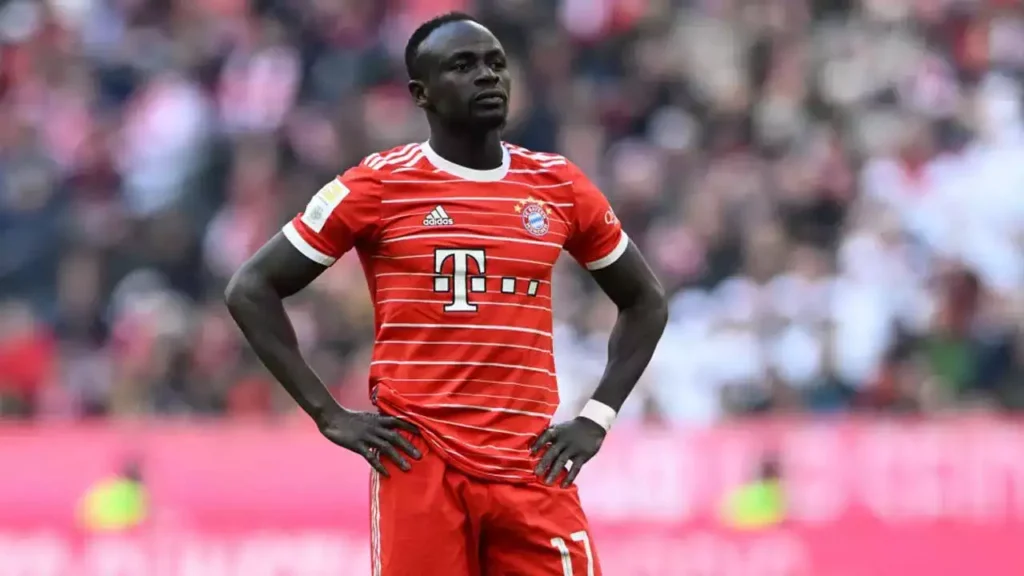
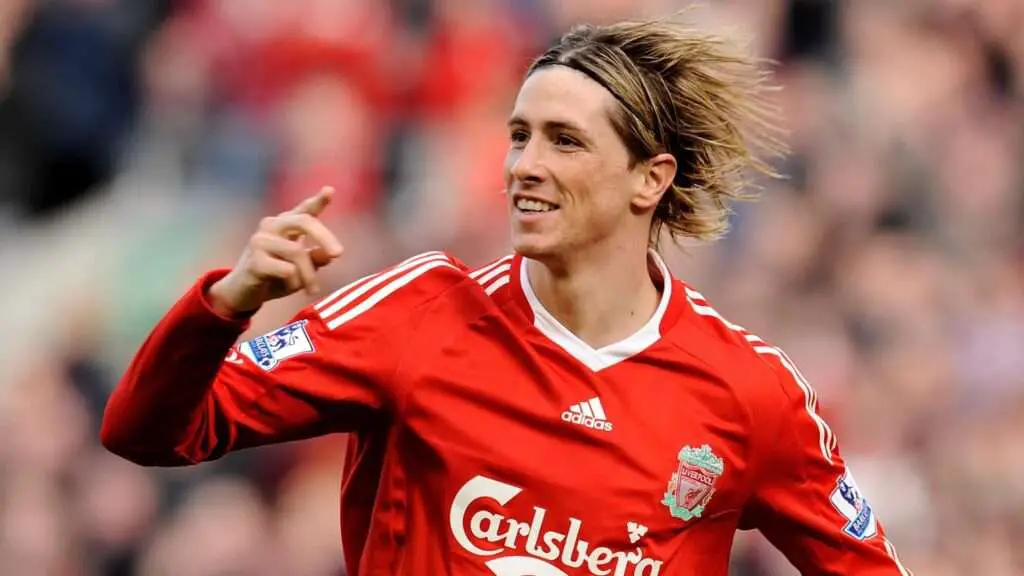
In a surprising move, Liverpool made Andy Carroll the most expensive British player globally at the time. However, this extravagant investment yielded underwhelming results. Carroll managed to score just nine goals in 47 appearances during his first full season at the club. Following this disappointing season, Liverpool had seen enough and decided to send him on loan to West Ham, marking the abrupt end of a costly experiment that fell far short of expectations.
10. Alvaro Morata at Chelsea
In 2017, Chelsea attempted to replace Diego Costa with Alvaro Morata, a decision that would prove to be a disaster. In his debut season, Morata mustered 21 goals and assists in all competitions, which might sound decent, but it paled in comparison to Costa’s remarkable performance the previous season when he scored 20 goals in the Premier League alone. Notably, Costa played a pivotal role in helping Chelsea clinch the Premier League title that season, his second with the club.
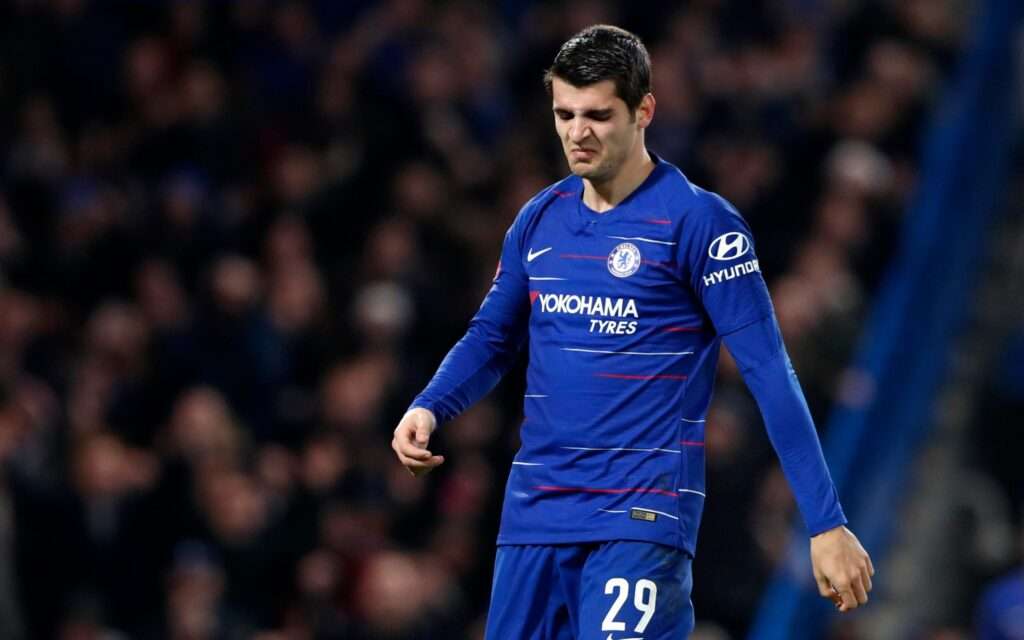
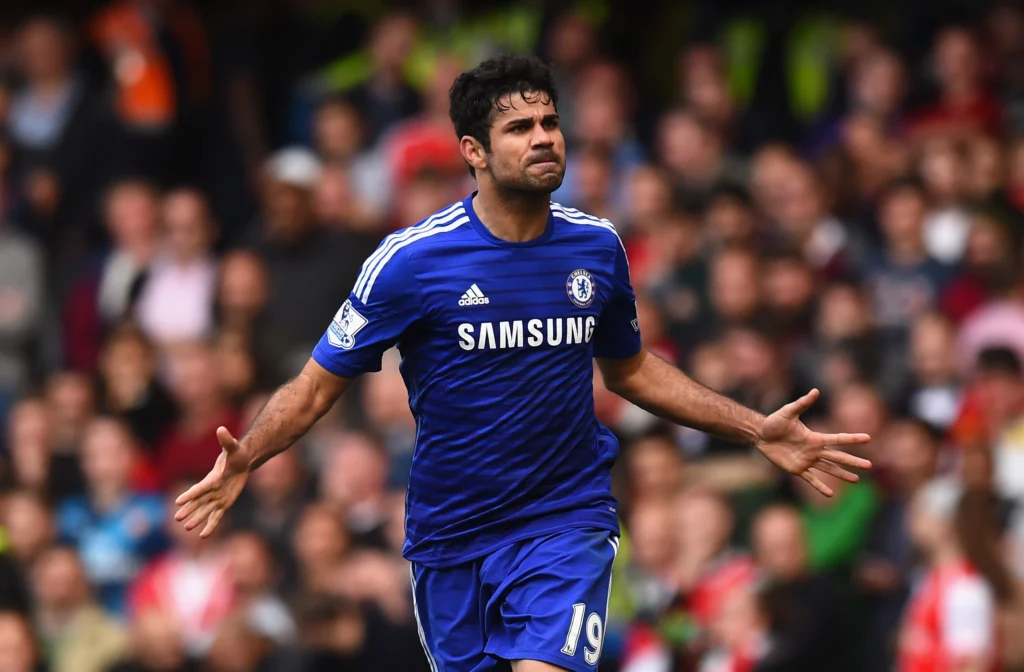
The transition from a prolific striker like Costa to Morata, who seemed to miss scoring opportunities with alarming regularity, was undoubtedly a bitter pill for Chelsea and its supporters to swallow. It served as a stark reminder that finding a worthy replacement for a top player is far from a guaranteed success.
Replacing football legends is never easy, and these 10 examples show that it often leads to disappointment. Each of these replacements failed to meet expectations, resulting in regrets for their respective clubs.
Now, we want to hear from you – which football replacement do you consider the absolute worst in history? Share your thoughts in the comments.
Shop Lovely Jersey Here – Goal90.shop

